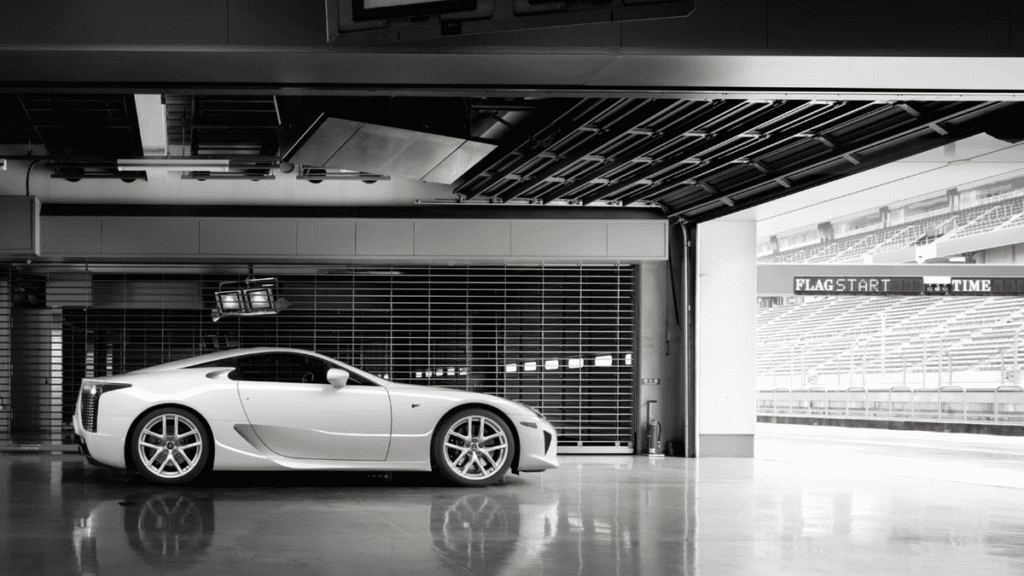You Can Thank The Lexus LFA For All The Performance Toyotas That Followed

Screenshot: Hagerty on YouTube
Nobody really expected Lexus to build a supercar, but once it started, it was a foregone conclusion that the company would pull out all the stops to make it one of the most exciting and dynamic supercars in history. Despite looking like a large grand tourer, this was a knife-edge sports machine with an ultra low center of gravity, lightweight everything, advanced tech, and a then-astronomical price tag. And Lexus couldn’t sell them. Despite being one of the most forward thinking cars available in 2010, it took Lexus two years to build 500 units and over a decade to sell them all.
Listen To The Lexus RC F Sing Through The California Mountains
Lexus isn’t exactly the kind of name that a supercar buyer wants on the front of their $400,000 machine, no matter what Nürburgring lap time it does, what advanced carbon fiber tub is under it, or high-rev V10 powers it. The car may have been a sales failure, but it set the stage for the kind of motorsport engineering that Toyota’s Gazoo Racing arm does now for the workaday sports cars GR86, GR Corolla, and GR Supra. The car’s pre-production testing at the 24 Hours of Nürburgring even got company boss Akio Toyoda hooked on racing, where he used the pseudonym Morizo Kinoshita to avoid the ire of the board.
As usual, Jason Cammisa’s Icons series delivers the goods when it comes to the car’s history. You even get to see a cameo from a fresh-faced 2010 Jason while testing the LFA when it was new.
The Lexus LFA Was Not A Failure (Even Though It Was) — Revelations with Jason Cammisa
It isn’t often that supercar technology trickles down to the kinds of sports cars that you and I can afford. It’s even more than that in this case, it wasn’t just the technology that trickled down, it was the ideology. So while Lexus might have lost a ton of money making this thing, the car’s legacy is still with the company today. So could it really be considered a failure?


